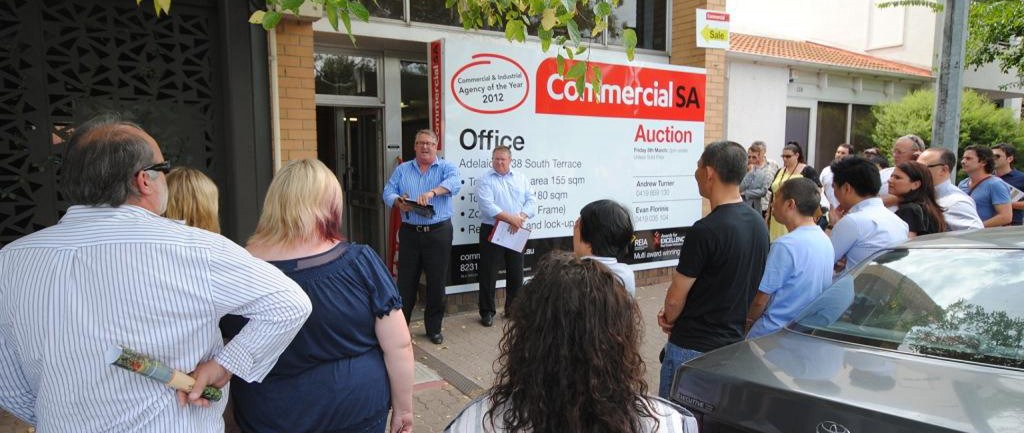Commercial property investors feel negative gearing heat

Investors in commercial property are likely to suffer if the Federal Government tinkers with negative gearing rules, industry experts say.
They warn any attempt to improve housing affordability by changing negative gearing will have consequences for property beyond the residential market.
Influential organisations, including the Reserve Bank, have told a Government inquiry into housing affordability that would-be first-home buyers are struggling to afford real estate because of tax offset rules allowing investors to claim losses from underperforming residential assets.
Former Commonwealth Bank chief David Murray, in his Financial System Inquiry report, also recommends negative gearing rules be revised. The Government is expected to respond to Mr Murray’s report within weeks.
Those advocating for the removal of negative gearing need to recognise that it is a fundamental part of the tax system that has existed for 100 years and applies to all asset classes
Property Council of Australia chief Ken Morrison says negative gearing is “nothing more than the ability to deduct legitimate expenses against income … It applies to all asset classes including residential and commercial property investment … and its removal would impact across all asset classes”.
Unprecedented: Neighbourhood shops in billion-dollar surge
“The bulk of investment in commercial property is from long-term retirement savings in one form or another,” he tells BusinessDaily.
“Those advocating for the removal of negative gearing need to recognise that it is a fundamental part of the tax system that has existed for 100 years and applies to all asset classes.”

Commercial property investment could change forever if negative gearing laws are altered
One commercial real estate agent, who asked not be named, says if the Government moved to discourage property investment by limiting tax offsets, “it risked throwing the baby out with the bathwater”.
“If you stop people using negative gearing to improve housing affordability, it could be at the expense of the business viability of landlords who rent out properties such as shops and warehouses,” the agent says.
“Imagine the effect on the wider economy if landlords felt they had to dump their underperforming properties at fire-sale prices, especially those that remain vacant for a long time.”
More than 1.2 million Australians have embraced negative gearing to buy rental stock to claw back income tax. In 2010-11 they claimed $14 billion in losses from their investments, costing $4 billion in lost tax revenue.
Some analysts blame the practice for the large increases in house prices over the past decade, as investment buyers compete with homeowners for residential stock.
This article originally appeared on the Herald Sun.







